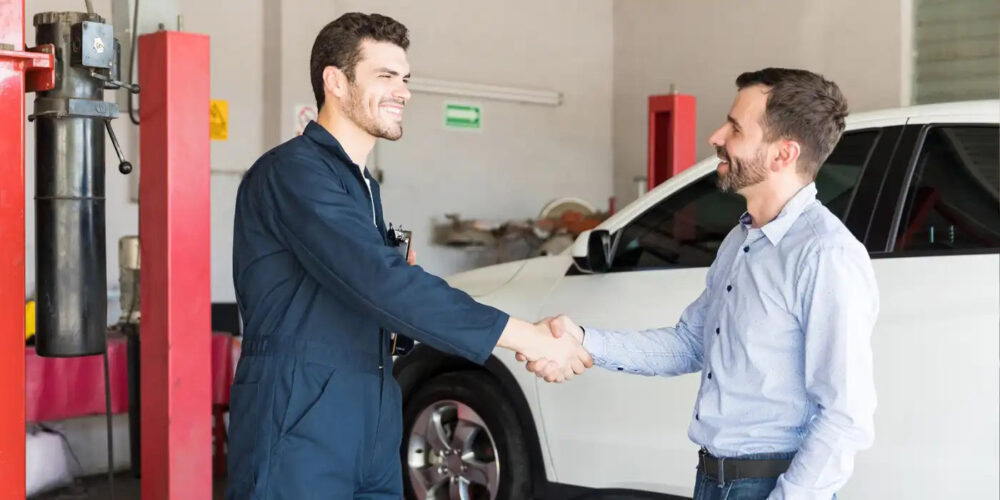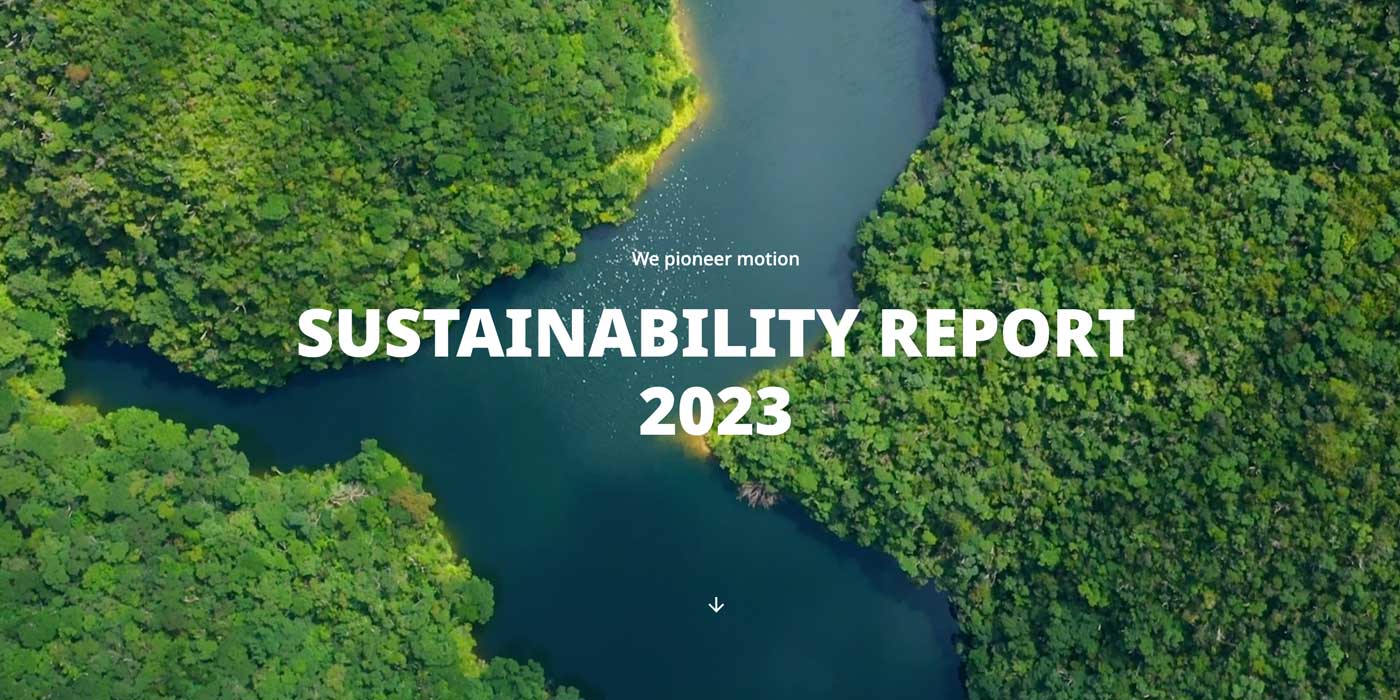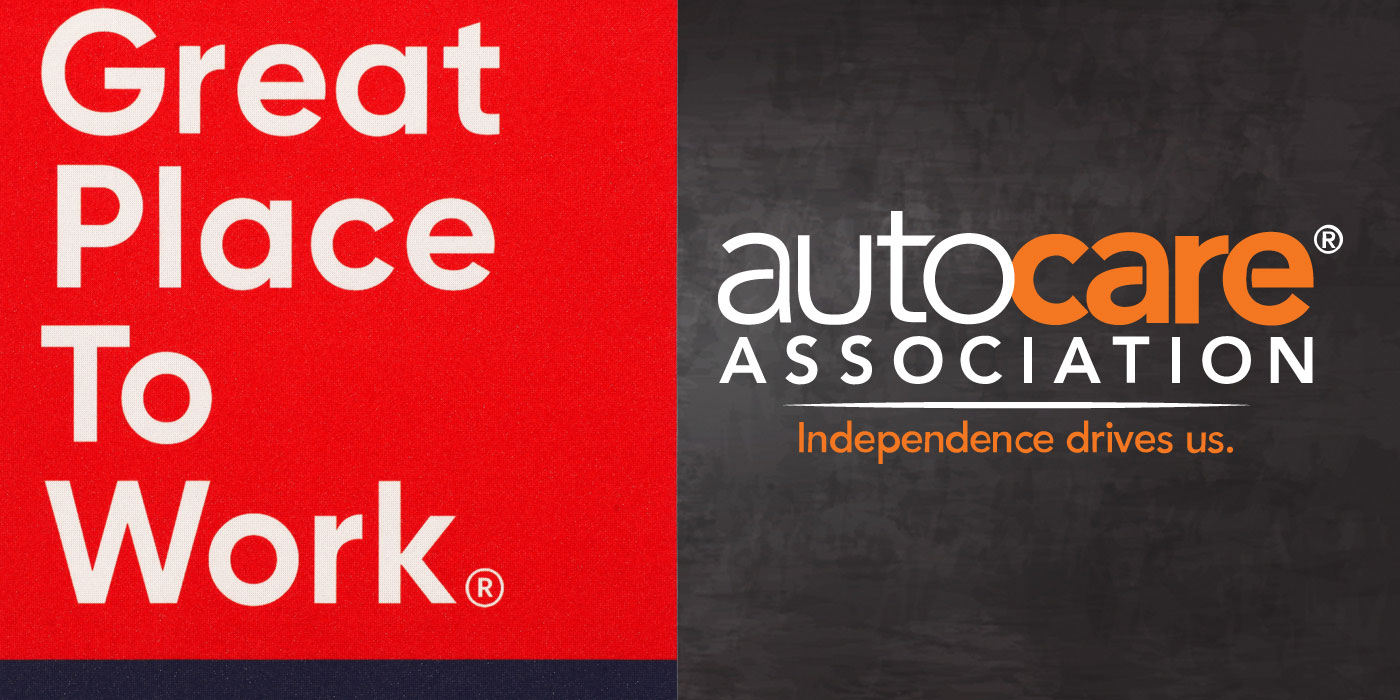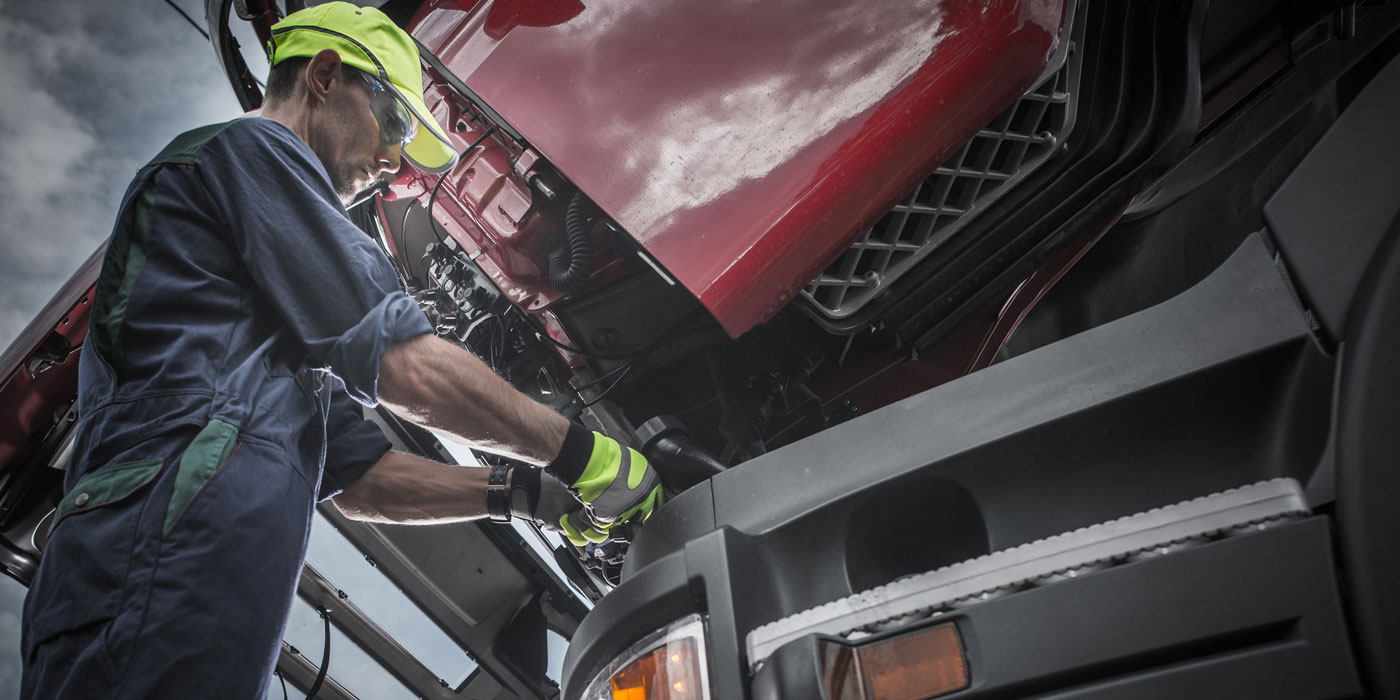At AASA’s recent Vision Conference in Chicago, you gave a rather startling presentation meant to emphasize the importance of the Know Your Parts (KYP) campaign. Your presentation really took the argument for KYP to a higher level, by highlighting negative associations that may hurt the aftermarket as a result of low-quality parts that are involved in vehicle incidents and sometimes fatal accidents. Why is KYP so important to Affinia, and why did you feel that this was the right way to drive that message home?
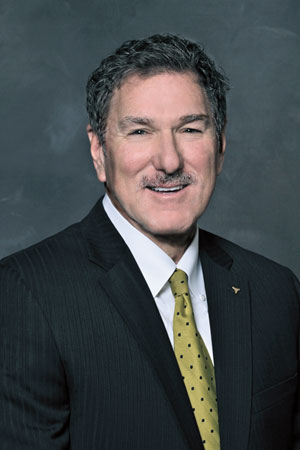 Well, I was wearing three hats when I made that speech: The hat of CEO of Affinia, chairman of the Motor Equipment Manufacturers Association (MEMA), and active member of AASA.
Well, I was wearing three hats when I made that speech: The hat of CEO of Affinia, chairman of the Motor Equipment Manufacturers Association (MEMA), and active member of AASA.
Know Your Parts is an industry awareness campaign designed to protect the motoring public and the integrity of our aftermarket. It’s critical for industry leaders to take accountability for the design, manufacture and distribution of our aftermarket products. Quality must meet or exceed OE specifications! Let’s be honest — we’re all searching for ways to cut costs in this cut-throat global environment, but compromising on quality and product design integrity is not the way to save money. It cheapens our great industry.
My presentation may have been startling, but it doesn’t compare to the downright terrifying trends we’re facing today. We have a dangerous situation on our hands, and the leaders of our industry must take swift action. One bad experience with low- quality parts could lead the customer to viewing the OE dealer as the only reliable quality source to service their vehicle. If the independent shops lose that trust, the entire aftermarket supply chain loses, and this great industry — employing more than 680,000 people — can experience long-term damage.
There’s no question that the Know Your Parts campaign is important to Affinia, and other full-service suppliers. It should be important to all global suppliers. We provide the necessary components that continue to drive the aftermarket: Product design, engineering, global quality control standards, technical support and training, research and development, IP protection, catalogs and sales representation. If these services are not supported, the entire industry will take a major leap backward. Most importantly, Affinia and other full-service suppliers employ engineers. Quality is built into our products from the drawing board up, starting with R&D and carrying through with manufacturing best practices, quality assurance testing, production auditing and on-the-road performance assessments.
Our aftermarket industry is blessed with the best-trained professional technicians you will find anywhere in this world. They are just flat good at what they do. But everyone must realize that, out of the box, a poorly designed substandard part, as well as a counterfeit part, will likely look the same as an OE-certified part. Here is a perfect example: It’s impossible for our certified technicians, as well as our own engineers, to determine whether the ball stud on a tie rod end is made of the proper steel and then heat-treated to exact OE specifications. You just cannot discern that simply by looking at the part out of the box.
Here’s the thing and you simply cannot get around it — we suppliers have a solemn responsibility to place in our professional technician’s hands the OE equivalent in replacement aftermarket parts. Period. Anything less will jeopardize the credibility of the exact people who use our products and earn a livelihood from our great industry. We, as suppliers, cannot break the trust of our professional technician community and great channel partners.
As chairman of MEMA, I am extremely proud of all the suppliers in our industry who are showing both leadership and courage to support Know Your Parts and advertise their own personal commitment to product quality excellence. Our industry truly is at a crossroads on this issue. But the leadership of so many companies supporting Know Your Parts will lead our industry back to the importance of OE fit, form and function.
I’m passionate about the quality message of Know Your Parts and absolutely believe that it’s the best way forward. Has my commitment ruffled a few feathers? I’m sure of it. But, it’s not a popularity contest. I’m doing exactly what I believe is right for our industry, and above all, for the safety of everyone on the road today.
At AAPEX this past fall, you unveiled Affinia Group’s new “World Smart” strategy, which you said aims to have the company participate in the global aftermarket in a “responsible and sustainable way.” Can you elaborate on that and tell us more about what World Smart means for Affinia and its customers?
Our World Smart™ philosophy fully supports the industry’s Know Your Parts message – it’s all about quality, no matter where a product is manufactured. From the point of view of Affinia’s customers, the most important aspect of World Smart is our commitment to manufacture and source products that are not only globally cost-competitive, but also of unquestionable quality. Anyone can find less expensive products off-shore; the challenge is to offer products that are not only cost competitive, but as good as or better than OEM quality. That’s the “Smart” element of World Smart and that’s our commitment to customers.
For Affinia, doing business in a way that results in a positive impact to all of our stakeholders is essential to our sustained business model. We are committed to the safety of our workers and the communities in which we operate. At its core, World Smart is designed to be a “responsible and sustainable” approach to global commerce. We feel a deep responsibility to customers and to end users to provide products that are of OEM quality or better. When it comes to critical safety products, there is simply no room to compromise.
Tell us about the transformation of Affinia’s global supply chain initiatives that are creating the opportunities for this new approach to global commerce.
Affinia Group Inc. began in December 2004 with the acquisition of the aftermarket units of a predominantly Tier One OE parts supplier. Some of the industry’s best known and most highly regarded brands made up part of our new business. But that wasn’t the entire story.
As we completed a strategic assessment of our new company and of the entire aftermarket, we recognized that long-term we had to adapt in order to meet the shifting needs of our customers. The world was changing. The new reality was globalization, and it was all happening at an incredible rate. We recognized early the urgent need to grow globally in three distinct ways: organic growth, new product growth and growth through acquisition. This led us to formulate a five-year, $150 million global transformation strategy.
We expanded Affinia’s sourcing and manufacturing footprint all around the world through joint ventures as well as greenfield construction in Mexico, the Ukraine, China and India. We also continue to grow our current global operations. We recruited seasoned professionals from both the U.S. and abroad to develop and manage our global supply chain. We invested heavily in the information infrastructure that would be required to support a worldwide operation capable of assuring consistent global quality and high order fill rates.
Unveiling our World Smart strategy during AAPEX was our way of signifying to the industry that we have arrived as a truly global company. Today, we are continuing to invest in our global infrastructure, building on the progress of the past and preparing for an even stronger future.
What regions will Affinia focus most on in the coming years? Are there any particular regions of the globe that Affinia plans to enter for the first time?
We have focused primarily on North America, South America, Eastern Europe and Pan-Asia. Each of these regions will continue to be strategically important to Affinia, not only for product sourcing and manufacturing but also for our participation in growing economies. Economic experts are forecasting accelerated growth in several emerging markets, and Affinia has a significant and growing presence in each of these regions.
Our ability to take advantage of growth on a global basis will be good for our customers, who can have the confidence of working with a company that has the resources and the global perspective needed to meet ever-changing needs. At this point, we do not intend to pursue new geographic regions; rather, you will see us expand and enhance our current positions throughout the world.
You also noted that people, and being more “customer-centric,” will play a major part in this World Smart strategy. How so?
Affinia people focused on serving our customers — there is nothing more important. Our entire global transformation has been customer focused. We had to create a company capable of sourcing and manufacturing worldwide, while assuring globally-consistent quality.
One of the greatest advantages of our global transformation has been our ability to bring great minds together from all around the world under the Affinia umbrella. An important reality of the global marketplace is that the next great idea can originate anywhere on the planet —McHenry or Shanghai, Gastonia or São Paulo; great thinking knows no bounds. While the diversity of our company has grown exponentially, the one thing that holds us together is our global, unrelenting focus on exceeding customer expectations. Dedicated and highly motivated Affinia people are working 24/7 all around the world, innovating every day in ways great and small, all for the benefit of our customers.
Back in 2005, you were one of the first supplier executives in the industry to publicly speak about the impending reality of globalization and producing product offshore, when globalization was still a somewhat dirty word in the North American aftermarket. Why do you think the industry’s attitude toward globalization has changed so much, and so quickly?
There certainly was a tendency to demonize global commerce in the early days, which was understandable given the pride and the long heritage of the aftermarket in the U.S. But it didn’t take us very long to recognize that attitude — at least the aspects resistant to change — were not sustainable. And when the professional technician community decided that globally manufactured products were acceptable to be installed, it changed the entire cost dynamic of the aftermarket supply chain.
It became increasingly clear to us that delay and denial were not viable strategies for our company or for our customers. We came to the conclusion that change was inevitable, and we made a commitment to change on our terms and for the benefit of our customers. You could say this kind of thinking planted the seeds for our World Smart strategy.
Yes, we would manufacture abroad to gain cost advantages and gain access to new and emerging markets. Yes, we would tap into the best minds from all around the world to assure a continual flow of innovation. But, no, we would not and will not ever compromise on quality. If any of the Affinia family of brand names are on the box, our customers can be assured that the quality is as good as or better than OEM. We believe that our World Smart strategy has retained the pride and the long heritage of service to the aftermarket and overlaid a sustainable world view.

